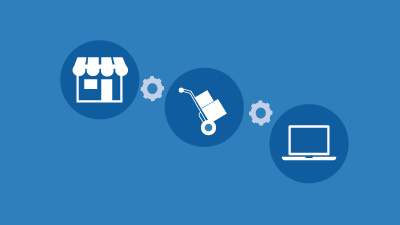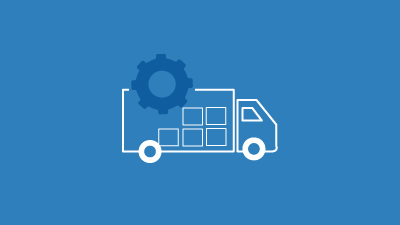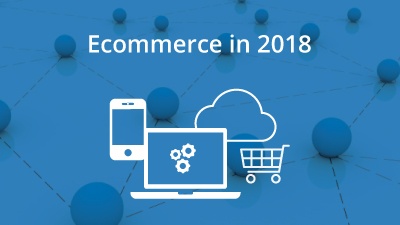How Cloud ERP Can Benefit eCommerce

Cloud-based ERP solutions are being adapted by organizations in all industries — the opportunities they provide to improve efficiencies and in turn increase profits are undeniable.
E-Commerce companies that are hesitant to invest in moving to the cloud can benefit in both the short- and long-term; it’s a move that will need to be made in order to stay current with the competition, which have likely already implemented modern technologies or are in the process of doing so.
Whether a retailer is omnichannel or brick-and-mortar and just beginning to offer online shopping capabilities, the value of an eCommerce platform that’s both solid and flexible can attract more customers and bring them back for more goods, with the touch of a button.
Surprisingly Affordable
Innovating shouldn’t break the bank, as many business leaders fear.
The first step to implementing a modern cloud-based ERP system is selecting a vendor that allows a company to select what features and resources are needed, as well as adjust the number of users as the organization evolves.
Applications should be easy to integrate. Retailers should make sure well-known platforms such as BigCommerce, Magento, or Shopify will run smoothly.
Three basic cost factors to consider are:
- What applications does the business want to use
- What type of license does the company prefer: SaaS Subscription, Private Cloud Subscription, or Private Perpetual License
- What is the projected level of consumption based on the value of business transactions and data storage
When it comes to retail, it’s also imperative to consider what could happen if a company falls behind the times, lagging in innovation among its peers. Additionally, business leaders need to look at how much potential gain can be lost if a company doesn’t have an online storefront or one that is user-friendly.
An ERP can improve processes and in turn help reduce the likelihood of online baskets are abandoned. Retailer decision-makers should consider how much business is being lost on a daily, monthly, and annual basis — then review the company’s margins.
Customer Experience
Today’s shopper cares about the experience they have as much online, as they do in the actual store. Websites are expected to have: intelligent marketing, chatbots, and the ability to customize orders. All of these features require a modern ERP.
Shopping online should make it easier to buy products. Combining the in-store experience with an online platform is attractive to consumers. More retailers are offering the option of ordering online, but paying or collecting at a physical location, or being able to return items purchased online at a store for an exchange or money back. It’s all about choices!
An ERP system also enables the business to capture valuable customer information, such as: name, email, and billing and shipping address. The system should verify other information, including applying for credit, tax exemptions, and if a PO# is needed.
Inventory Management
With a cloud-based ERP solution all areas of the company will be able to see inventory levels, as well as where shipments are headed and when. This can be extremely helpful for companies that are spread across various locations.
Real-time information and data gives employees across the entity the benefit of receiving the same information, which can help them better manage expectations — yet another benefit to customers.
- A system should capture:
- Product quantity and information: Updates should take place after every inventory sync up on the website from the ERP
- Out of stock products: Status should be changed to “In Stock” when the product is available in the warehouse and the quantity is updated in the ERP
- Cancels/returns: When products come back to the retailer, the quantity should be updated
- Product status: Customers should be sent a notification email when product status is updated to “In Stock”
Join the Cloud Today!
A modern ERP system will have a useful life for an eCommerce business — they can take a company through the next five to eight years. An ideal time to make the change is right after the holidays, as this is a relatively quiet time for the industry.
Decision-makers can rest assured that the discussion process around a new ERP solution will be helpful and insightful, not stressful. At Cloud 9 ERP, we specialize in helping growing businesses find the right solution for their needs. We’ve helped many growing eCommerce companies take a step forward, leaving behind outdated systems or launching emerging brands.
Acumatica Commerce Edition is one of the strongest solutions for the modern eCommerce organization in need of the visibility, control, automation, and growth that they deserve. Cloud 9 ERP Solutions is a leader in helping companies across the industry enhance their eCommerce businesses. Learn more about our eCommerce capabilities and read customer testimonials. Ready to innovate? Contact us today!
Additional Ecommerce Resources
How to Connect Your eCommerce and Back Office Systems
Three Areas Where Ecommerce Integration Drives Business Forward
Giving Yourself the Gift of Smarter Commerce ERP


